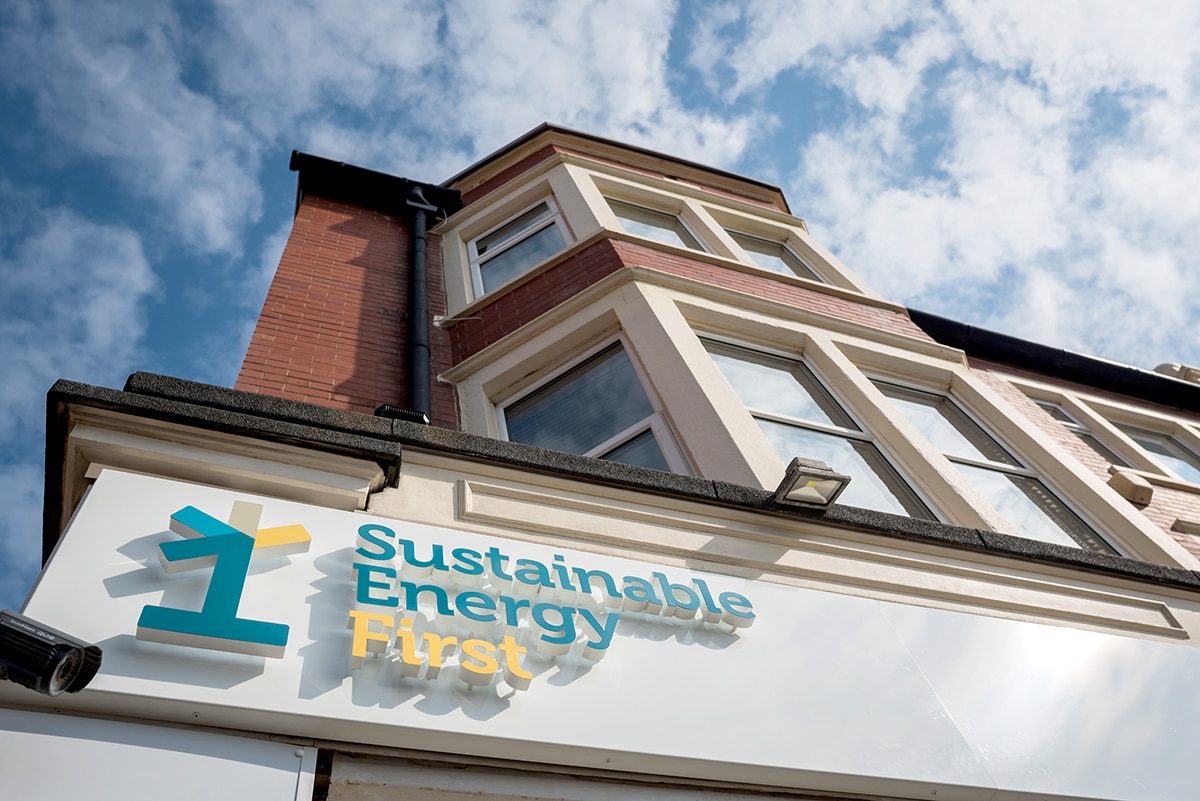What is SECR?
Streamline Energy & Carbon Reporting (SECR) is a replacement for the Carbon Reduction Commitment (CRC) Energy Efficiency Scheme and requires organisations to report energy and carbon emissions in their annual report.
SECR has been introduced to make carbon reporting more transparent and to aid the goal of achieving a carbon net-zero target. The new regulation also extends the scope of the existing Mandatory Carbon Reporting regulations. It is a legal requirement for all eligible businesses.
Where the CRC applied to around 4,000 businesses, the SECR regulations apply to an estimated 11,900 companies across the UK, increasing awareness further through the need to gather energy data.
Who needs to comply with SECR?
This regulation applies to all quoted companies (those whose shares are listed on the stock exchange) and large UK companies with over 250 employees or annual turnover of more than £36m or an annual balance sheet of over £18m.
Public sector organisations are exempt from SECR, and private companies that can provide evidence that they use less than 40,000kWh in a year will not be required to comply.
What needs to be reported?
Large UK incorporated unquoted companies & LLPs must submit their energy consumption and emissions arising from UK electricity, gas, and transport. UK incorporated quoted companies must report as above, plus all onsite emissions (e.g., refrigerants, industrial gas emissions, fuel oil, LPG, coal etc) and overseas operations. Finally, organisations must report on the actions they are taking to increase energy efficiency.
SECR Reporting Guidance – Gov.uk






